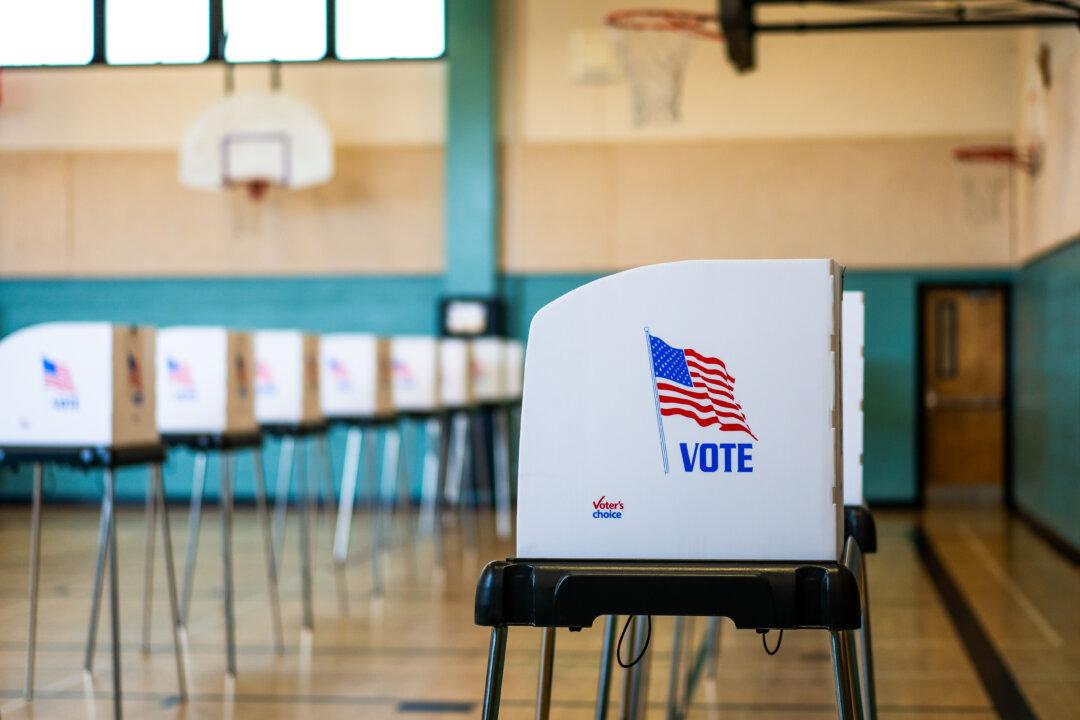
A voting site during the primary election in Elkridge, Md., on May 14, 2024. Madalina Vasiliu/The Epoch Times
The little-remembered presidential election of 1960, like the still-controversial election of 2020, featured a slate of alternate electors.
But in the case of the 1960 election, these alternate electors were accepted. In 2020, they weren’t.
